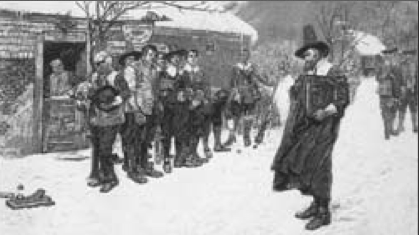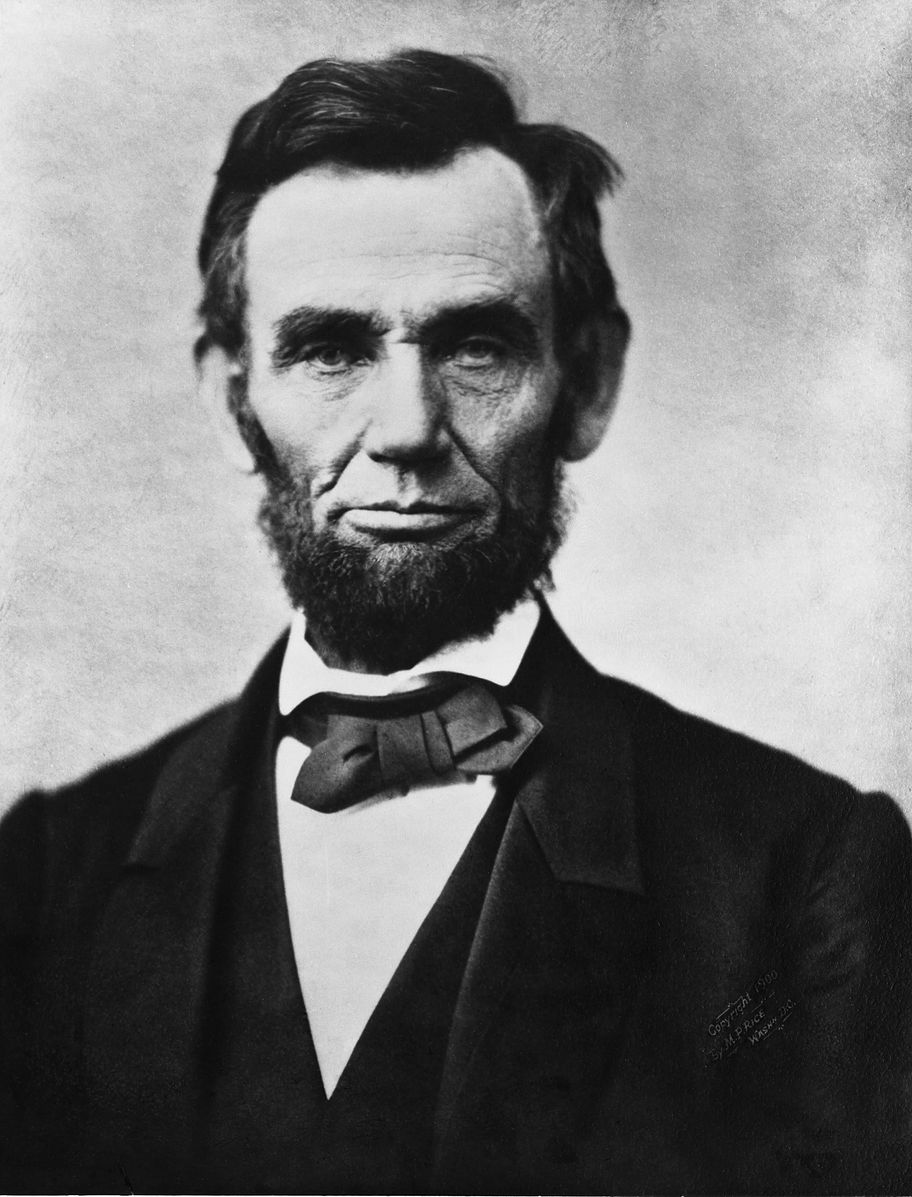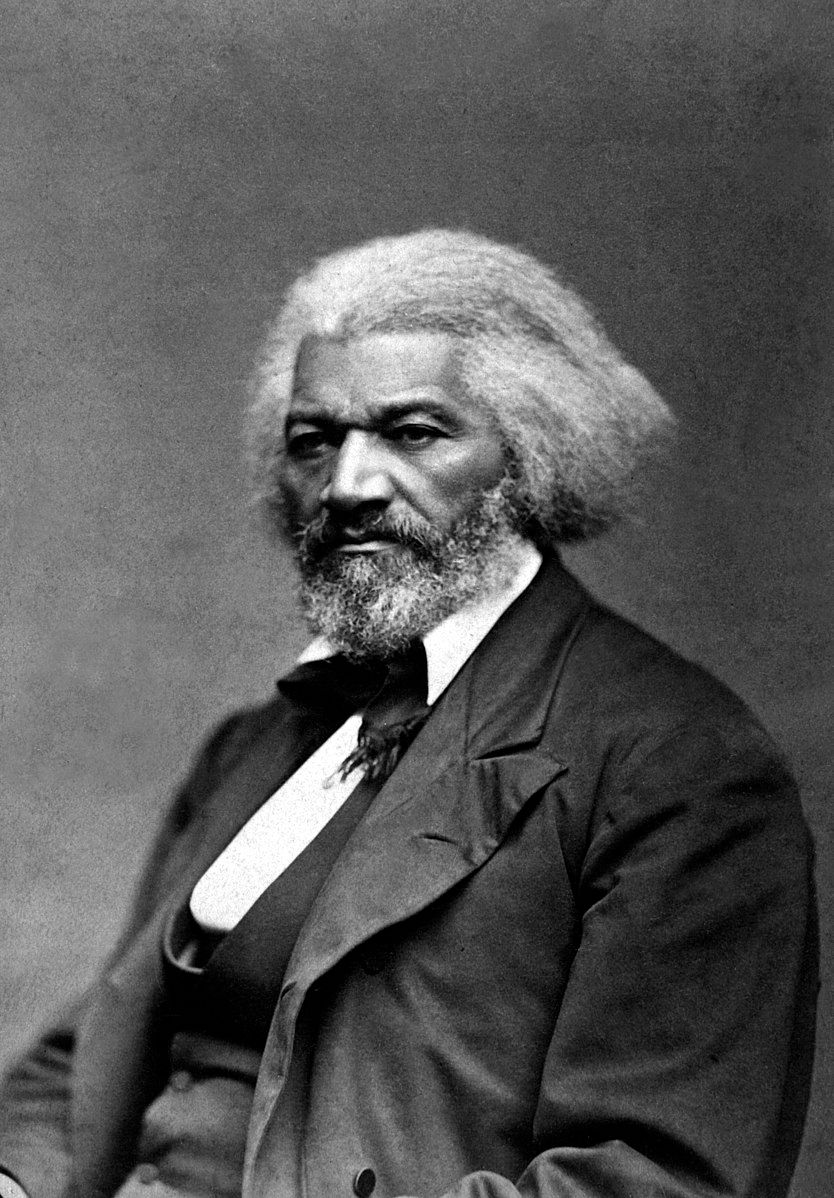The American Dream(s)

In response to last week's commentary on the shared meaning of symbols, nationhood, and power, there were a few comments and questions about what that looks like elsewhere; notably the United States.
Immediately, one thought came to mind: the American Dream.
The American Dream is explicitly stated in speeches, songs, and school books, while implicitly addressed in almost all political laws, aspirations, and goals. Yet, as many scholars such as Cullen (2003) has addressed, there is no one interpretation or understanding of this ever-pervasive concept.
So then, what is the American Dream, and how can we compare it to the symbolism of cherry blossoms in Japan?
As I explored this topic, I realized one great flaw: my perception of a singular American Dream.
In my mind – and also greatly reflected within my senior thesis – the American Dream entailed one thing, economic freedom and stardom. What that exactly meant is another part of my opinion that is up to much self-scrutiny.
Unlike my predisposition, the notion of the American Dream (or Creed) evolved and changed alongside the people that held on to it. Not only this, but multiple people from many different backgrounds, held multiple differing views regarding the American Dream; hence the title, American Dream(s). However, as we saw with the cherry blossoms of Japan, the multiplicity of meanings a symbol or idea holds, only needs some overlap or intersection that can bring people together; building tribes, nations, and humanity.
To keep this article just that, an article, I will restrict myself to exploring the general thematic expression of the American Dream and a brief discussion regarding its history and socio-political impacts on American society. I hope through this, we will be able to reflect upon our own interpretation of the Dream, the nation, and our own future.

Reaching Heaven: The Foundation
For those familiar with the history of the American continent, tracing back the "beginning" of this land is hotly contested. Do we base the beginning on the Declaration of Independence? Or when those who would later become "Native Americans" first came to Turtle Island? Is it when Christopher Columbus arrived?
As controversial – and subsequently fascinating – these questions may be, the beginning of the "American Dream" can be traced back to a quite clear start: the Puritans.
Puritans are often depicted as sour, boring, and self-righteous groups who are guilty of the "Salem Witch Trials". In fact, the name "Puritan" itself was a mockery, to ridicule the perceived arrogance where the Puritans thought they were "purer" than the church they had left.
In many more ways, the Puritans continue to be subject to critique, ridicule, and mockery, yet it is difficult to ridicule their grit to not only live, but succeed. The Puritans set the way for the coming centuries of American history, and the American Dream itself. As Andrew Delbanco (1989) wrote in "The Puritan Ordeal" (as quoted in Cullen 2003):
The myth of America, if it persists at all, has always rested on a precarious foundation. It is precisely its fragility, not its audacity – the perpetual worry of its believers, not their arrogance – that has made it something different (dare we say, something better?) that just another version of nationalist pomp.
This fragility, the worry, and if I may add "contradictions" is what pushed, maintained, and altered the American Dream to this day.
Such fragility for the Puritans came from their adherence to Calvinism or more specifically, belief in predestination, and its tension with the general Protestant belief that although the world was corrupt, it could be better.
Predestinarians (a.k.a those who believe in predestination), believe that the fate of an individual – whether they will go to heaven or not – is predestined. Moreover, they believe that there is nothing a person could do to change that.
As some may guess, this can be quite a nerve-wracking belief. Regardless of one's adherence to its dogmas, it is imaginable that many came to question or doubt their own fate of heaven. However, as noted above, it is this fragility and worry that become the foundation for the Dream.
This worry empowered two crucial developments in the Puritan settlements: Community and Compromise. The first is rather easy to understand. If a group believes that "we" are going to heaven, and there is a constant reaffirmation of this, the doubts of falling to hell may be squandered quite effectively.
On the other hand, compromise seemed to be the necessary next step for predestinarians. As historian Jim Cullen (2003) writes as the "exhaustion and impatience with a century of Puritanism" (pg. 30) peaked, many compromised the predestined future into a work-based, tough-minded, and psychically satisfying pursuit of spiritual rigor (ibid). Sound familiar?
Such "compromised" ideas were reflected upon one of the "Founding Fathers", Benjamin Franklin, who also left the Puritan community to live out what Max Weber later famously wrote as the Protestant Ethic.
In such ways, the powerful sense of community and the compromised belief of the Puritans quite literally became the foundation for the nation and its Dream.
To summarize the importance of the Puritan belief, let us turn again to Cullen's (2003) writing:
"The Puritan injunction to 'live in the world, but not of it.' This is an extraordinarily difficult thing to do. But it is precisely the willingness to do something difficult, painful, unintentionally mischievous, or finally impossible that gives purpose to individuals lives, both as they are lived and as they are remembered" (pg 34).
The Declaration of Independence, Slavery, and Ambiguity
This next section will explore an expansive array of history, that stretches from the Declaration of Independence in 1776 to the Civil Rights Movement of the 20th century. As you may imagine, this is a long time span to cover for a mere article. So building off of the fragility, worry, and contradictions seen in the Puritans, we will explore some key events and themes that center around these themes; which in turn drove the American Dream forward.
First, the Declaration of Independence. Declaration of Independence only offers the theoretical framework on which the fragility and worry of the coming years build off. This theoretical framework consists of ideas that you will hear almost daily on political debates or T.V.
These ideas are that all men are created equal, and have rights of life, liberty/freedom, and the pursuit of Happiness. Moreover, it is the idea that these are self-evident.
Or, as the original authors put it:
We hold these truths to be self-evident, that all men are created equal, that they are endowed by their Creator with certain unalienable Rights, that among these are Life, Liberty and the pursuit of Happiness (National Archives)
These ideas will continue to shape the idea of the United States and the American Dream, not because these ideas are "self-evident". But because of the fragility, worry, and contradictions that come from them.
"In giving freedom to the slave, we assure freedom of the free" – Lincoln, 1862
The second event we'll explore is the Civil War, and its relationship with a central aspect of the American Dream: Upward Mobility. The idea of upward mobility is quite simple, it is the belief that people can move up in the world; economically, socially, politically, and more. Now, what does this have to do with the Civil War?
Although it may be true that the central point of conflict for the war was the abolition of slavery, the intent behind the abolition of slavery and maintenance of the Union is less discussed.
There were many forces behind the war, which can be categorized into two overarching themes. Some people fought for the whites, while other people fought for the blacks; on both sides of the conflict. To explore this, let's look at two major figures on the side of the Union, Abraham Lincoln and Frederick Douglass.
These two abolitionists understood and interpreted the eradication of slavery on extremely different terms. Let's begin with the ever-beloved Abe Lincoln.

Lincoln's story is the exemplar of the American Dream. He was born poor, worked hard, and made his way into the White House. He himself reflects upon the importance of these values during a speech in 1859:
"This progress by which the poor, honest, industrious, and resolute man raises himself, that he may work on his own account, and hire somebody else, is that improvement in condition that human nature is entitled to, is that improvement that is intended to be secured by those institutions under which we live, is the great principle for which this. government was formed" (Lincoln, 1859)
The key point here is the cyclical nature of this progress and the "American Dream"; in which poor, honest, industrious, and resolute people can raise themselves and hire somebody else. However, this becomes difficult with slavery. Would someone rather hire a white man who will leave the workplace to become a potential competitor in the market? Or would they rather buy a slave who must not only work for free, but also can produce offspring of more free laborers? The popular answer for many was the latter; even if they say slavery is "evil".
To explicitly address the underlying intent behind Lincoln's fight against slavery, Lincoln (and many of his comrades) did not fight for the slaves, but fought for the wellbeing of Whites.
Sidenote: During the time of the speech, the political elite of the United States was in the heated debate around the topic of slavery. Not to get rid of it or not, but if they should allow it in the newly acquired territory and emerging states.
Skeptical of this?
In the very same speech, Lincoln says:
I declared then, and I now re-declare, that I have as little inclination to interfere with the institution of slavery where it now exists, through the instrumentality of the General Government, or any other instrumentality, as I believe we have no power to do so. I accidentally used this expression: I had no purpose of entering into the slave States to disturb the institution of slavery (ibid).
As a "silver lining", Lincoln did believe slavery was "wrong", but what good would that do for those slaving away?
This debate escalated to the point where certain states decided to leave the Union to maintain slavery – because it was good for the Whites now – and erupted into the war where the Union fought against slavery; because they believed it would be good for the Whites of the future.
To summarize, Lincoln opposed slavery because it was against his ideal of the American Dream: Upward Mobility. "The presence of slavery impeded upward mobility not only of African Americans but also of European Americans, because the slave economy narrowed the prospects of men without the ever-greater amounts of capital necessary to invest in slaves" (Cullen 2003, 84) – like Abraham Lincoln himself.
Interesting note: Lincoln also seemed to fear the very logical possibility that he himself – a.k.a white people – could become a slave, using the same logic the Whites applied to Blacks. He writes; "if A. can prove, however conclusively, that he may, of right, enslave B. – why not B. snatch the same argument, and prove equally that he may enslave A.?"
On the other hand, former slaves, black soldiers, and others adhered more to the interpretation of the Civil War that Frederick Douglass held.
I will spend much less time discussing Frederick Douglass, as his stance may be less controversial than that of Lincoln, and will also extend into the next and final section of this article.
Frederick Douglass was a man who escaped slavery and became one of the most powerful speakers and activists for the abolition of slavery during the same time Abraham Lincoln seemingly fought for the same ideal.

Douglass's stance (in the ideological sense) is straightforward: abolition of slavery and upward mobility for Blacks. His own story, which he emphasizes in his own book "Narrative of the Life of Frederick Douglass, an American Slave, Written by Himself" (emphasis added), goes to show that many former slaves (and slaves as well) adhered to the idea of upward mobility in the American Dream.
However, as many former slaves would experience after the abolition of slavery, freedom did not equate, lead to, or imply equality.
The last point of discussion for this already long article is the Civil Rights Movement and another American Dream: Equality.
Although many who fought in the Civil War and after looked to achieve both freedom and equality, this did not actualize. As Martin Luther King Jr. laments:
"In 1863 the Negro was told he was free as a result of the Emancipation Proclamation being signed by Abraham Lincoln... It simply said 'You're free,' and left him there penniless, illiterate, not knowing what to do. And the irony of it all is that at the same time the nation failed to do anything for the black man – through an act of Congress it was giving away millions of acres of land in the West and Midwest" (King, 1968)
However, if Dr. King had our privilege of reading Lincolns speeches and notes through the online archive, he would soon realize:
The Emancipation Proclamation and the "freedom" from slavery worked exactly the way Lincoln imagined it to be: to benefit the Whites. And through a painstaking reality check, thousands of Americans realized the American Dream wasn't complete with freedom, the Dream needed more.
Interesting note: King was an unlikely figure to head the Civil Rights Movement, as he admitted himself. Growing up he rarely faced any racial discrimination and would have been very successful as a minister. King has also been criticized for his unfaithful marriage among others. I bring these realities up not to bring down these historical figures, but to make them human again; not idols.
However, equality is a rather fragile and flexible idea. The discussion of equality continues today, and how it must be interpreted. Yet it is indisputable that inequality has had an incredible impact on the development of the American nation. A prolific writer and French aristocrat, Alexis de Tocqueville, wrote as early as 1840 that:
"If American undergoes great revolutions... they will be brought about by the presence of the black race on the soil of the United States; that is to say, they will owe their origin not to equality, but to the inequality of condition" (Tocqueville, 1840)
So then, what does equality entail for the American Dream?
That is a question that continues to push the American Dream and nation into existence; the unequal tug-of-war.
Again – as I so often have done recently – I will end on a rather unsatisfactory note. There are no good conclusions that can be made on behalf of the Civil Rights Movement and the American Dream; as that is not a past we can comment on, but a reality we are living in.
What is the dream today?
![[Guest Post] Exploring Colonial History through Art](/content/images/size/w750/2023/11/graphite-island-banner.png)
